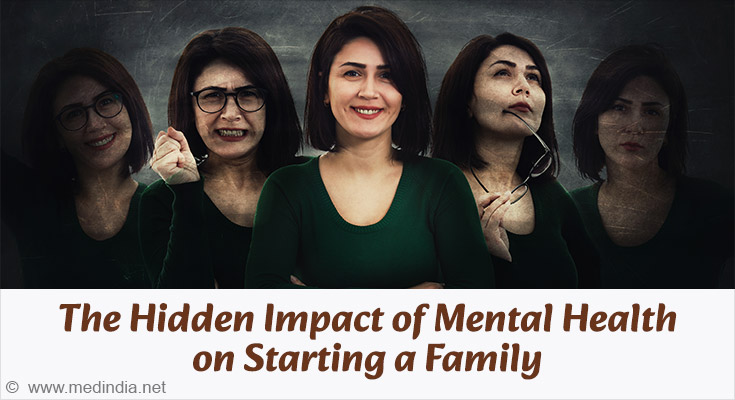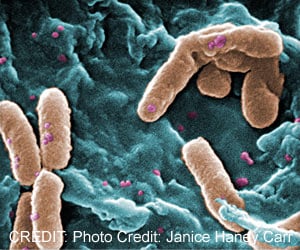Mental health disorders are linked to a lower likelihood of parenthood, especially in young adults, underlining the need for accessible mental health services.
- Mental disorders, including depression and schizophrenia, lower the chances of having children
- Partnership status plays a role in the link between mental health and parenthood
- Accessible mental health services are crucial for young adults' fertility outcomes
Mental Disorders and Having a First Child Among Young Adults: A Nationwide Register-Based Cohort Study
Go to source). And this isn’t a small study. It draws on data from more than 1.2 million people, making it one of the largest of its kind.
Mental disorders may reduce the chance of having children! #mentalhealth #parenthood #medindia’
Mental Illness and Fertility: What the Numbers Reveal
The study followed individuals born between 1980 and 1995 who were living in Finland and childless at age 16. By tracking health and social data up to age 39, researchers discovered a strong link between mental health diagnoses and lower chances of parenthood.Here are some key takeaways:
- Men diagnosed with depression were 38% less likely to become fathers.
- Women with depression were 19% less likely to become mothers.
- Schizophrenia showed the strongest association, with both men and women rarely becoming parents.
- Across the board, people with anxiety, substance use, childhood-onset disorders, or intellectual disabilities were less likely to have children.
The Link Between Mental Health and Fertility
Mental Disorders Affect More Than the Mind
Researchers discovered that nearly all mental disorders studied — including depression, anxiety, substance use disorders, childhood-onset conditions, and intellectual disabilities — were linked to a lower probability of having a first child. While some disorders were associated with slightly higher likelihood of childbirth before the age of 25, this trend reversed with age. After age 30, the likelihood dropped significantly for people with any mental disorder.
This shift suggests that early-life instability may lead to unplanned parenthood for some, while long-term mental health challenges may delay or derail family planning later on.

Why Partnership Matters
Cohabitation Plays a Mediating Role
One major factor stood out: partnership status. People with mental disorders were less likely to live with a partner — especially men. Since stable relationships are often the first step toward parenthood, this played a key role.
“Men with mental disorders were significantly less likely to cohabit than women with similar diagnoses,” said Associate Professor Christian Hakulinen, Principal Investigator of the study.
When researchers adjusted for relationship status, the association between mental disorders and reduced parenthood was weakened — suggesting that difficulty in forming or maintaining partnerships is a key piece of the puzzle.
Why Better Mental Health Support Could Boost Parenthood
“This research isn’t just about statistics — it’s about life chances,” said Dr. Kateryna Golovina, the study’s lead author.Without proper mental health support, young people may struggle with relationships, self-confidence, or future planning. And when that happens, even dreams like building a family may fade.
The researchers stress the need for accessible, long-term mental health care — especially for young adults navigating major life decisions. Such services could help not only with symptom relief, but also with navigating life milestones like finding a partner and starting a family.
Mental illness often hides in plain sight — not only in symptoms and behaviors but in life outcomes. This study makes it clear that mental health isn't just a personal journey; it's a public health issue with implications for demographics, social stability, and future generations.
Let’s stop treating mental health like a side issue — and start treating it like the pillar of human existence it is.
Reference:
- Mental Disorders and Having a First Child Among Young Adults: A Nationwide Register-Based Cohort Study - (https://obgyn.onlinelibrary.wiley.com/doi/10.1111/1471-0528.18151)
Source-Medindia














